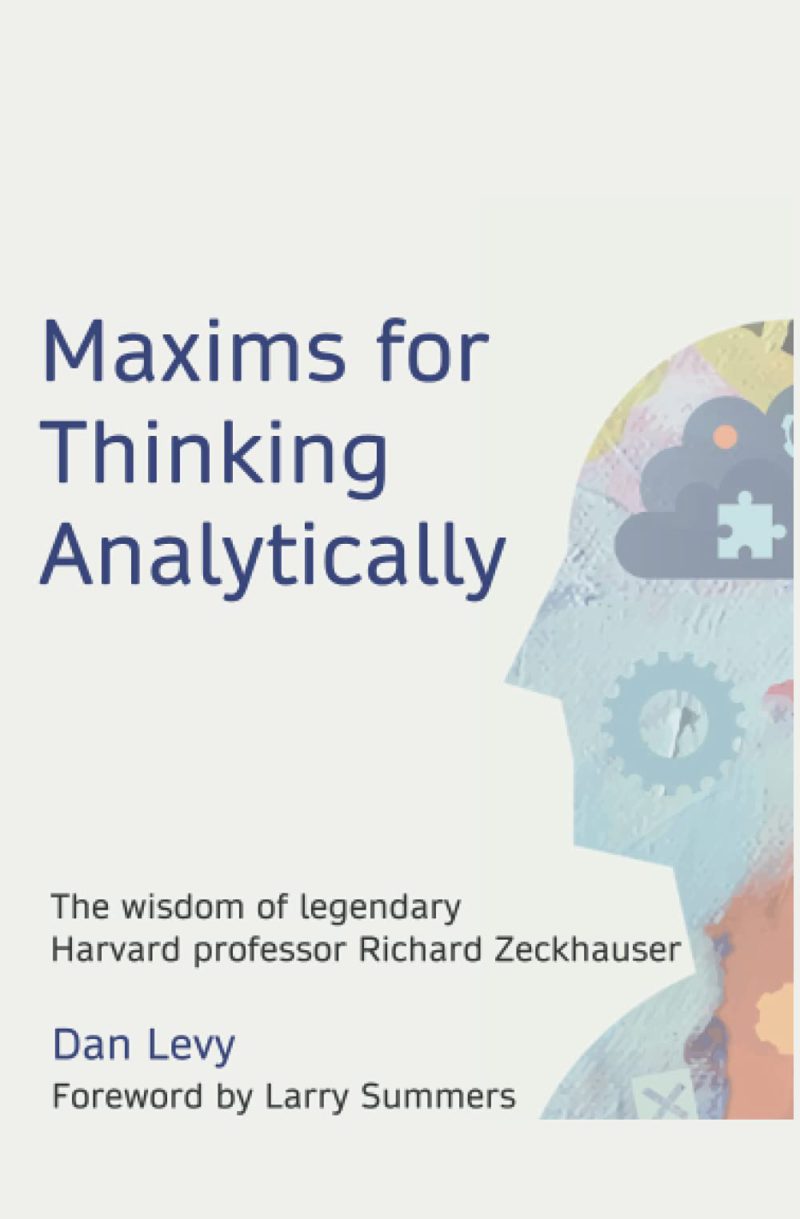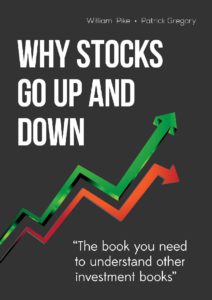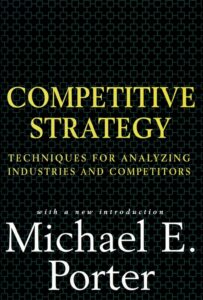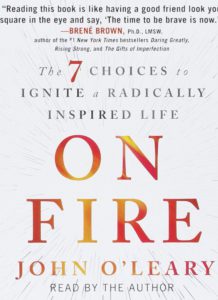6/7 The book is organized around 19 maxims, one-sentence nuggets of wisdom that capture key principles for clear thinking. Maxims make us think about things that might not be intuitive, and help us correct behavior when we know what the right behavior is but don’t engage in it. pic.twitter.com/UUyS5zBGzl
— Dan Levy (@danmlevy) July 14, 2021
Improve your Thinking and Decision Making
This book is based on “Analytic Frameworks for Policy,” a course Richard Zeckhauser has taught at the Harvard Kennedy School for more than four decades.
Subjects: Analytics, Decision Making
This book Maxims for Thinking Analytically: The wisdom of legendary Harvard Professor Richard Zeckhauser will help you think more analytically. Along with maxims, book contains practical examples from Richard’s colleagues and students.
Why would you want to think analytically ? Because we often get stuck when trying to think clearly about a real-world situation. Sometimes, even getting started is hard. Our world is full of uncertainty, particularly for highly consequential events. Think of the COVID-19 pandemic, or the 9/11 terrorist attacks or the personal events, such as a serious health situation. When outcomes are uncertain, and particularly when stakes are high, making effective choices is hard. Decision making which is the central theme of Strategy Boffins as well, is certainly hard. Many people grab an action. Other get paralyzed, and simply make no choice, a poor choice in itself. So thinking analytically would help you make better decisions.
This book is also for policy makers or business leaders – decisions they make for a group of people. How to evaluate those decisions, and how to better understand the world around you.
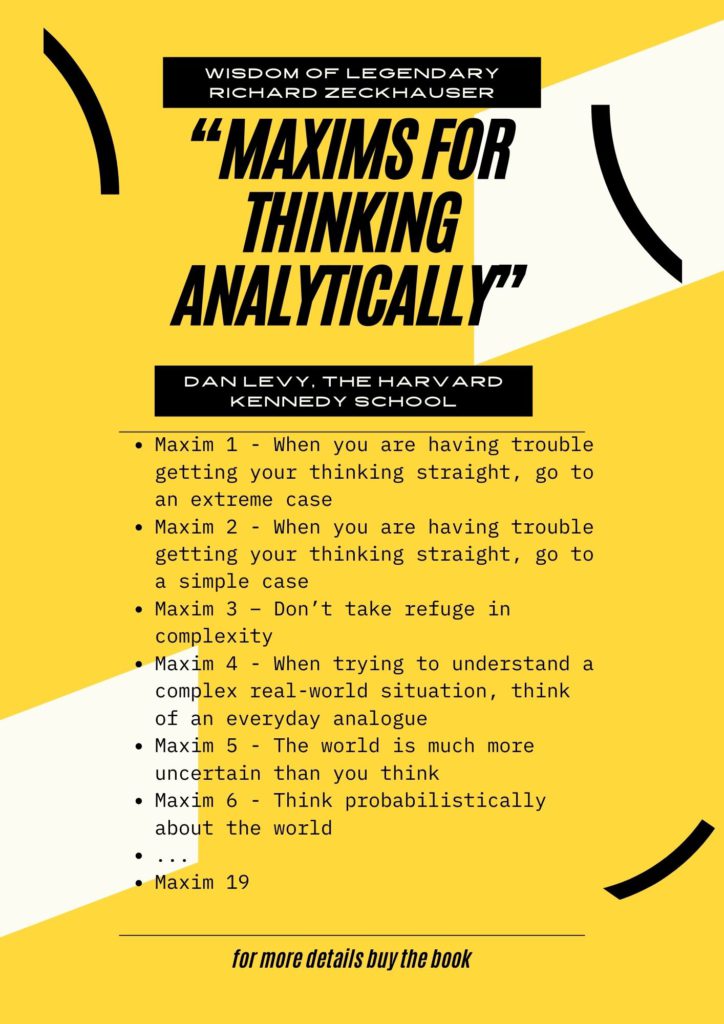
One of the examples from the book for Maxim 8 – Good Decisions sometimes have poor outcomes
“Imagine you drove to a bar with your partner or roommate. You both had a wonderful time, but you had a few too many drinks whereas your partner just had non-alcoholic Shirley Temples. When it’s time to go home, you ask your partner – who drives as well as you – to drive both of you home. On the way home, a drunk driver hits your car in the back. You and your partner are both fine, but your car will need major repairs.
The decision to ask your partner to drive both of you home was a good one. With the information you had at the time, you reasonably judged that the likelihood of a car accident was higher if you drove rather than your partner drove. Yet the outcome was not good. It was a good decision with a poor outcome.”
This is a wonderful book, if you are looking to improve your thinking and decision making. Also takes you to Harvard classroom as this book is based on “Analytic Frameworks for Policy,” a course Richard has taught at the Harvard Kennedy School for more than four decades.

